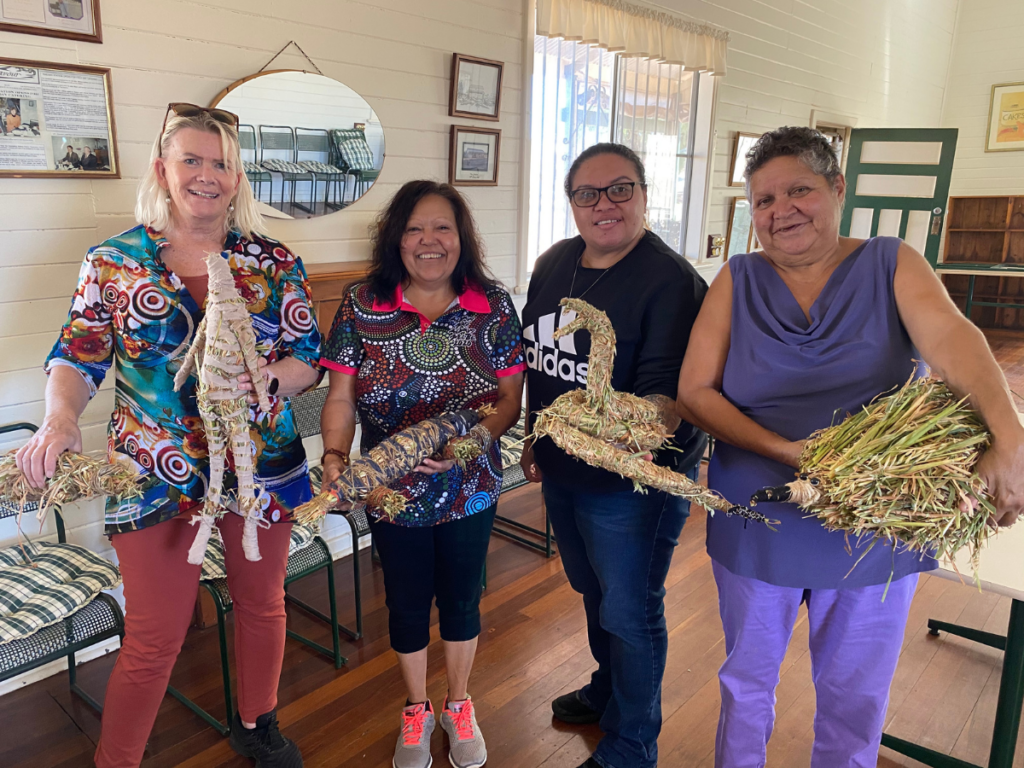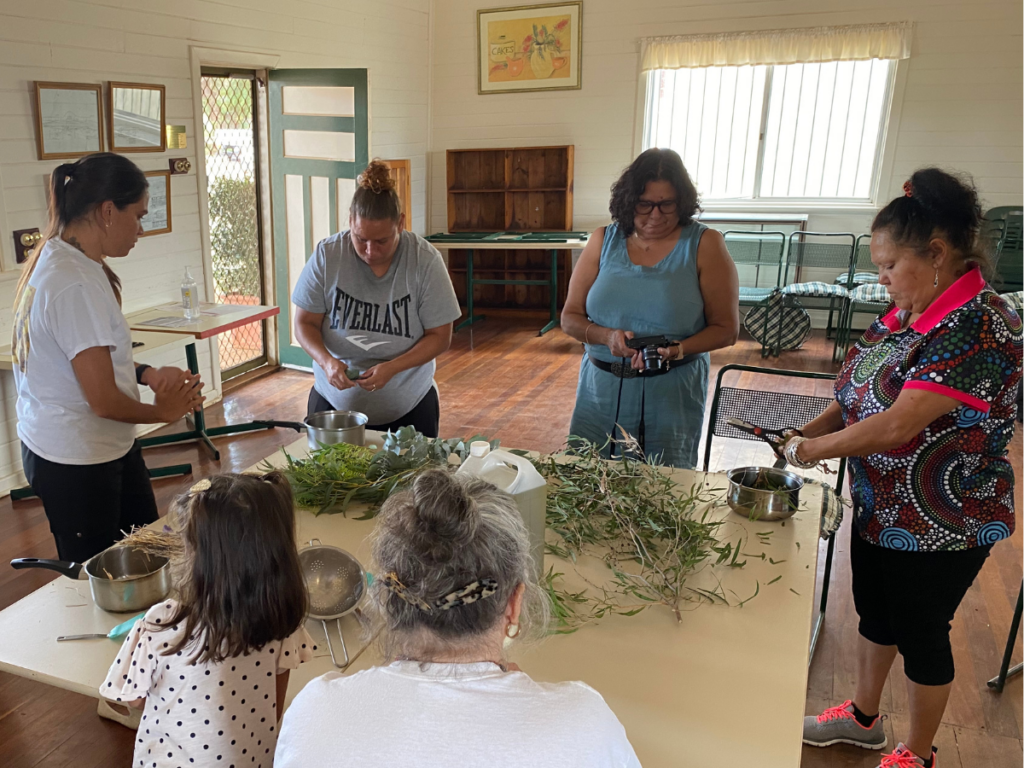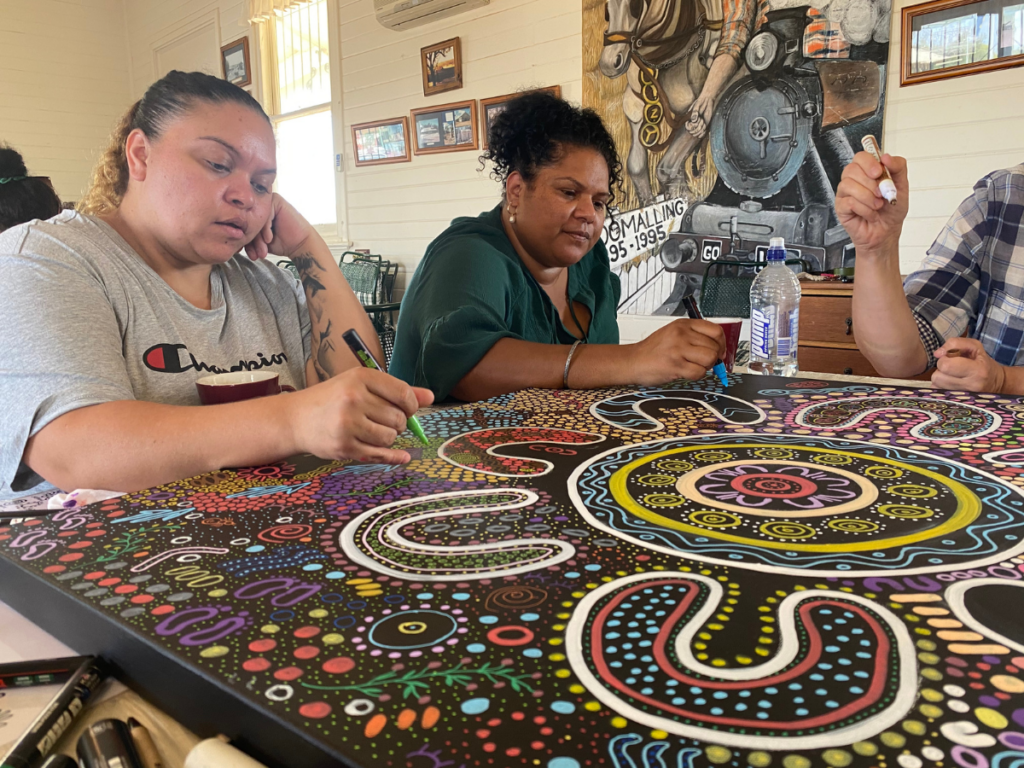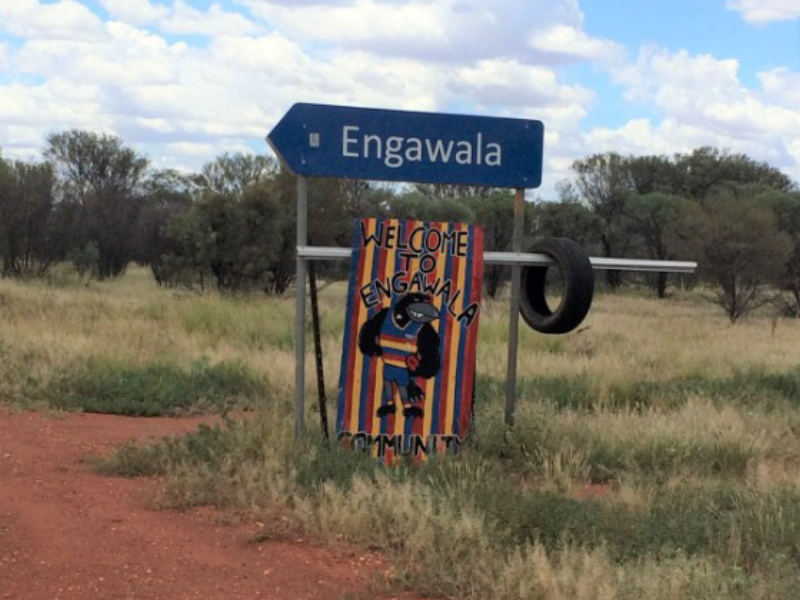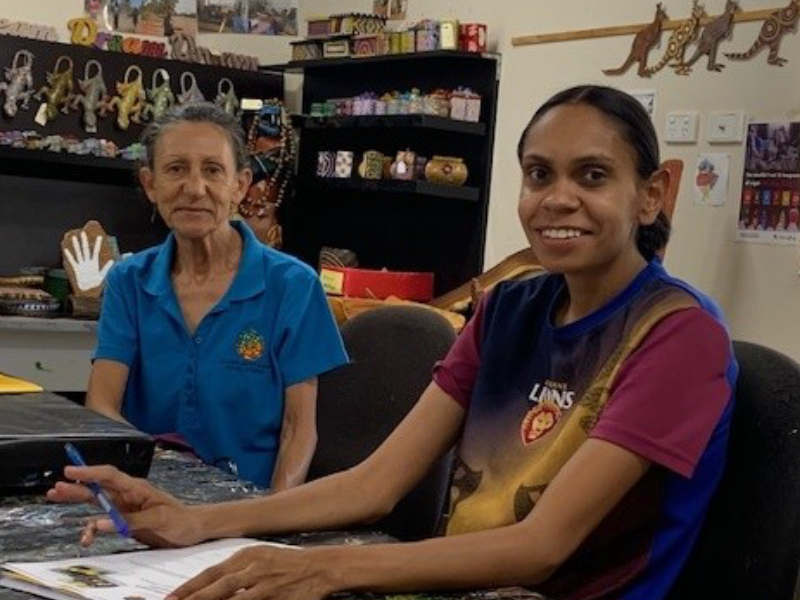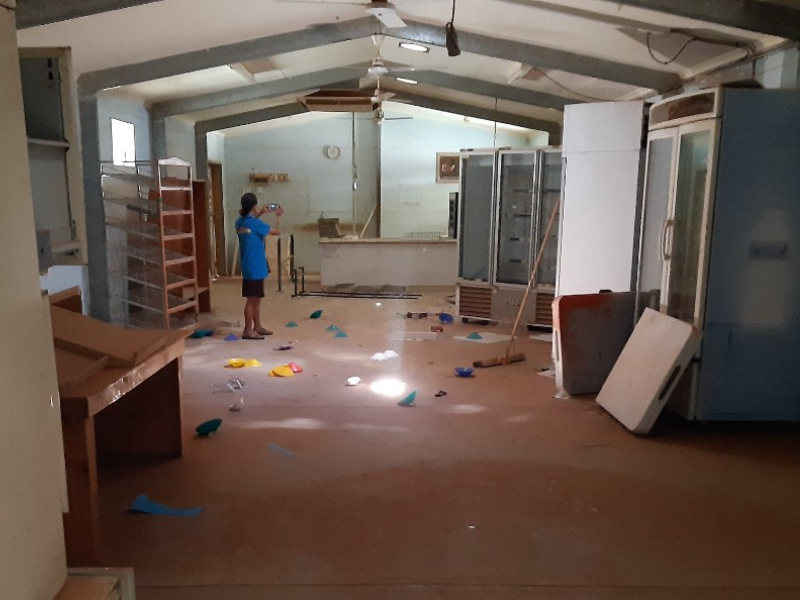Foundation for Rural & Regional Renewal (FRRR)
Workshops for women
Goomalling Aboriginal Corporation in the Wheatbelt region of Western Australia, used their $19,605 In a Good Place grant, funded by CCI Giving for their project called Maangart Yorga (Jam Tree Woman) – a workshop series delivered over the course of a year to impart both traditional and life skills to Aboriginal women and girls.
The program was created for Aboriginal women experiencing poverty, isolation, domestic violence and mental health concerns, and Aboriginal girls, from twelve years old, who are at risk. The program aimed to increase social participation by providing relevant and culturally appropriate workshops and a culturally safe space for connectedness. The workshops enabled the re-emergence of yarning circles and connection to Country that has helped foster relationships with young Aboriginal girls and Elders and provide an ongoing support network.
Maangart Yorga was an initiative to provide a safe space for women and girls to come together, learn, share and connect. Delivered through a series of workshops over a year, the aim was to increase participation in social activity, enhance the sense of community connectedness, improve outlook and help participants make healthier choices.
The workshops included a wide variety of traditional art, yoga and meditation, and health and wellbeing presentations. A series of practical skills sessions and workshops were held for women to have greater confidence, such as:
The organisation reported that participants would come to the workshop filled with apathy, tiredness or stressed, but always left feeling fulfilled and empowered after each workshop. The workshops provided a set of skills that can be transferred amongst the community.
While the workshop roll-out was interrupted by maternity leave for the program manager, the silver lining was that her leave coincided with movement restrictions due to COVID, so there was no additional impact from the pandemic.
Sadly, participation rates were lower than expected due to deaths in the community of two female elders and the suicide of two young Aboriginal men. Grieving periods were long and resulted in non-attendance from some members. For some members, the Maangart Yorga was a saving grace and gave them something positive to focus on.
Overall, 16 women participated across the program (including 2 non-Indigenous ladies), with a good cross section of ages from 21 years to 61 years old. Four female Aboriginal facilitators, three local female non-Indigenous facilitators, and two local female-owned food businesses also benefited from the project.
The greatest success of the program was providing a consistent and safe space for women to meet and yarn about their experience, which assisted healing and created lasting connections. The group plans to continue to meet monthly to use some of the skills they’ve learned and to continue connecting with each other. The Council is working with the Goomalling Aboriginal Corporation to create a permanent space for the women to take ownership of so they can create and share culture.
Engawala, also known as Intiarntwa, is a remote community 200 kms northeast of Alice Springs. It has a women’s centre, childcare facility, school, remote health clinic, Council office and recreation hall with a youth program servicing the 150 people that live there. Excitingly, it will soon also be home to the Engawala Art Centre.
The Engawala Art Centre Aboriginal Corporation (EACAC) formed in 2019 and is overseen by a committee of five. Twelve local artists have been making the 400 km round trip to Alice Springs to sell artworks, with the cost of travel a drain on their income. There was agreement that it would be ideal if they had their own Art Centre where they could paint and have a gallery to sell to the public.
Long-term impacts
The benefits of a strong arts and crafts sector are far-reaching. Establishing and building the capacity of Indigenous art centres goes a long way to sustaining remote communities. They play an indispensable role – as a place of cultural leadership, language and identity, community engagement and are often also a provider of essential social and wellbeing services. They are a link to the mainstream art market and, when operating effectively, these enterprises can be a key source of income, training and employment.
Recognising this, the EACAC developed plans for a dedicated Art Centre in the community and set about making it a reality. In 2021, they applied to FRRR’s Strengthening Rural Communities program (Small & Vital stream) for a grant to cover administrative costs during the start-up phase. This would cover subscriptions to the Stories, Art, Money (SAM) software program; membership of Desart, the peak Arts body for Central Australian Aboriginal Arts and Crafts centres; telecommunications equipment; promotional signage; and art materials.
With strong letters of support and partnerships in place, the application was successful, and the group was awarded $8,595, thanks to the Yulgilbar Foundation.
Getting it right with upskilling and the tools for the job
The EACAC maintains that the most valuable outcome has been the employment and training of an arts worker. Once a week, an experienced volunteer has visited the Engawala Community to do training, with other training completed remotely, via the new phone. This meant the project could continue in between visits. The Centre’s arts worker now has all the basic skills for running an office and working with the SAM database, even attending an advanced course in using SAM at Desart in Alice Springs.
“While we have secured funding from the Commonwealth Department of the Arts to continue her employment, we would not have got to this stage without support from FRRR. Their grant to our Art Centre is allowing us to go from strength to strength.
“The equipment purchased through the grant has also made a critical difference. We cannot operate the Centre without the phone, and the iPad and scanner have made the recording of artworks for upload to SAM possible. Previously this was done using a borrowed mobile phone, which was very time consuming and unsatisfactory.”
Building for the future
While the renovation of the old shop for the new Centre was heavily delayed, the group sees the silver lining – they had had extra time to prepare to hit the ground running.
The EACAC is now actively promoting of the Centre which was opened by the NT Minister for the Arts in August this year., The Centre has worked with nearby Gemtree Tourist Park to provide short tours to see the artwork billboards on the Plenty Highway followed by a visit to the Art Centre. The billboards, some depicting work by Engawala artists, are part of the Outback Way Outdoor Gallery project which was also supported by FRRR.
The Art Centre project has also helped to open up new markets, bringing with it more resources to continue to grow the Centre. The artists sold an impressive $13,000 worth of Engawala artists’ paintings in one day at the Desert Mob Marketplace in Alice Springs, assisting them with paying for items they could not secure funding for such as electricity and insurances.
“While not our biggest financial partner (the bulk of our fundraising was for the renovations), FRRR’s contribution towards our project was critical at an important development phase. Many projects fail at this juncture between getting the ideas and finding substantial financial support. In a commercial sense, the funding was critical in terms of kick starting the project.
David (Taffy) Denmark, volunteer Business Advisor
“We appreciate the flexibility FRRR has shown – something not evident in some government funding programs. This is one of the major strengths of the philanthropic movement.”
A huge congratulations to the committee and all those involved in the project to date. By deciding to professionalise the management of the Arts Centre, this group is building a place for employment, training, business opportunities, tourist-based income, cultural maintenance, pride, “a laugh and a cuppa”, and thus strengthening the Engawala community for the future.

